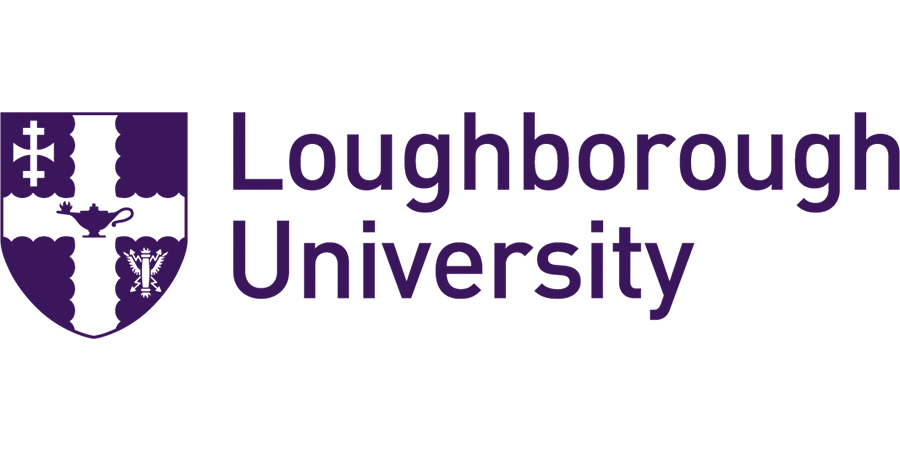PhD Studentship: Rapid Strength Assessment of Re-used Structural Steel Using Laser Speckle Interferometry
Loughborough University - Architecture, Building and Civil Engineering
| Qualification Type: | PhD |
|---|---|
| Location: | Loughborough |
| Funding amount: | £19,237 per annum |
| Hours: | Full Time |
| Placed On: | 17th December 2024 |
|---|---|
| Closes: | 2nd February 2025 |
| Reference: | ABCE25/FM |
Reusing structural steel reclaimed from demolition offers a significant opportunity to reduce carbon emissions, with potential savings of up to 95% compared to new steel production. However, concerns about safety and certification have hindered the widespread adoption of this practice. While traditional strength testing methods can address these concerns, they often face limitations in terms of speed, accuracy, and scalability.
Laser speckle interferometry, a technique widely used in industries like defense, maritime, and aerospace, offers a promising solution. By analyzing changes in laser patterns on a target surface, this non-invasive method can detect microscopic flaws and assess structural integrity in real-time. This PhD project aims to adapt and refine this technology for the specific needs of the construction industry, focusing on the assessment of reused steel components.
By applying laser speckle interferometry to various reused steel products during load testing, researchers will be able to monitor the development of damage at the microscale. Advanced probabilistic techniques, enhanced by machine learning, will then be used to predict the remaining strength and lifespan of these components. This novel approach offers several advantages: it is rapid, scalable, non-destructive, and highly accurate. By providing a reliable and efficient method for certifying the strength of reused steel products, this technology can accelerate the adoption of circular economy principles in the construction industry, contributing to significant carbon reductions and sustainable building practices.
Funding details
Tuition fees cover the cost of your teaching, assessment and operating University facilities such as the library, IT equipment and other support services. University fees and charges can be paid in advance and there are several methods of payment, including online payments and payment by instalment. Fees are reviewed annually and are likely to increase to take into account inflationary pressures.
The studentship is for three years and provides a tax-free stipend of £19,237 per annum (2024/25 rate) for the duration of the studentship plus university tuition fees.
Entry Requirements
Applicants should have, or expect to achieve, at least a 2:1 honours degree (or equivalent) in a relevant subject. A relevant master’s degree and/or experience is desirable.
How to Apply
All applications should be made online via the above ‘Apply’ button and must include a completed studentship application form (instead of a personal statement) and a two-page research proposal based on the project description outlining how you would approach the project and what methods you would use. Under programme name, please select 'Architecture, Building and Civil Engineering'. Please quote reference number ABCE25-FM.
To avoid delays in processing your application, please ensure that you submit the minimum supporting documents including an up-to-date CV, but a personal statement is not required.
ABCE will use these selection criteria to make a decision on your application.
Advert information
Type / Role:
Subject Area(s):
Location(s):









